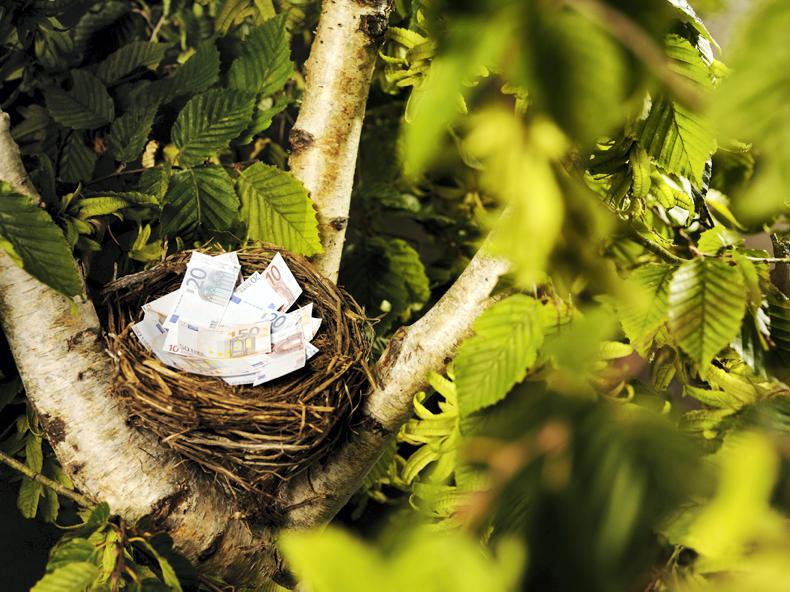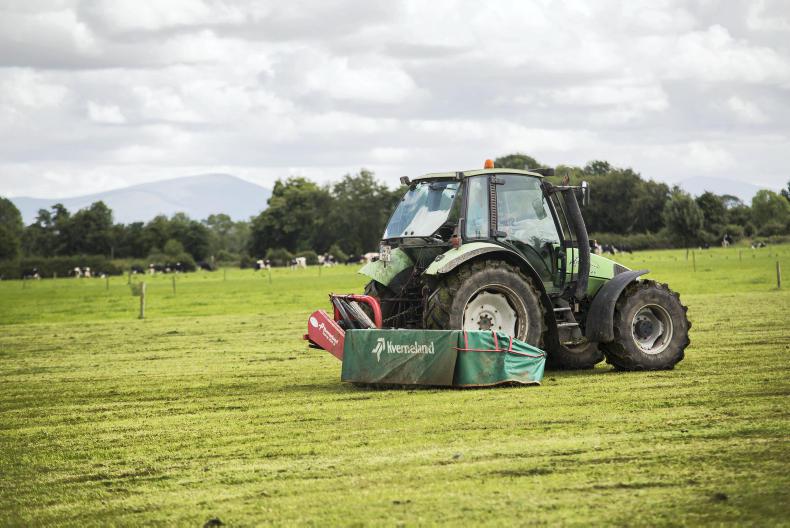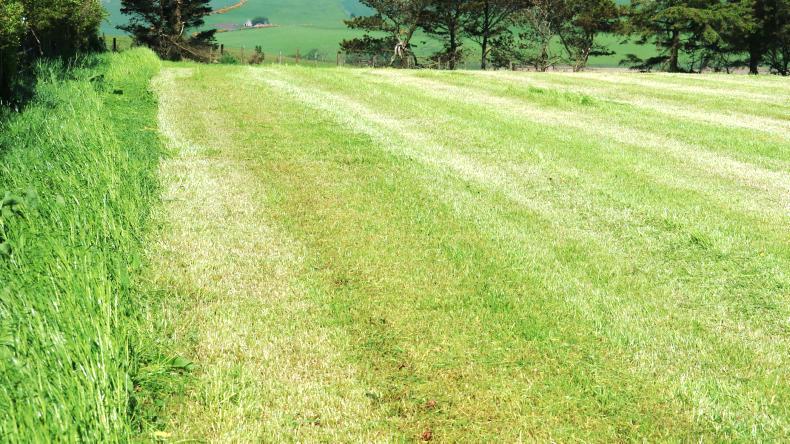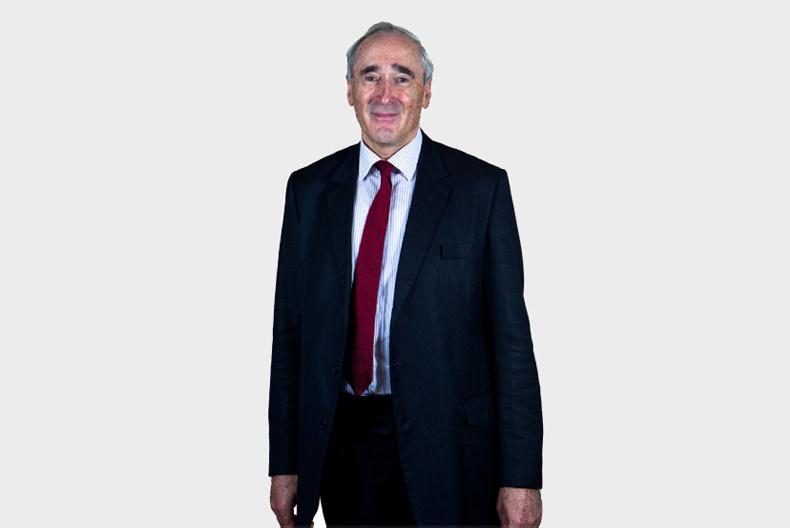Land ownership in Ireland and access to land stirs strong emotions.
A fortnight ago, Macra na Feirme called for a more strict interpretation of what was an active farmer but, more controversially, the proposal was put forward that once a farmer reaches 70, they should lose their right to direct payments unless they are part of a “collaborative arrangement”.
For active farmers, the key criteria are financial and management responsibility. It’s this insistence that has caused the controversy around those who set or rent out their land on a regular basis. This first became a problem when land was set in the original reference period of 2000 to 2002 and all entitlements went to those who used the land.
Nobody doubts that part of Macra na Feirme’s role is to lobby on behalf of young farmers in gaining preferential access to land. Once the direct payment system was introduced, the incentive during a farmer’s lifetime, was always going to be to hold on and pass by way of inheritance.
The real innovation has been the tax concessions payable to those who lease land but nothing in tax terms matches the incentives for forestry where all income and capital taxes are waived.
At the base of all this debate is the core question of whether land ownership has a responsibility and whether farm land should be farmed productively rather than just maintained in “good agricultural condition”. The debate is further complicated by the very low or even negative returns from the market in all the mainstream land-using enterprises except dairying.
The fact that these low returns are caused by the effective abolition of the old EU premium over world prices, the tightening up of environmental conditions and the banning of many scientific advances is neither here nor there – the fact is that the EU food market has become so distorted that farmers depend on these payments for any profit in the main land-using enterprises.
We can hardly be surprised that farmers who have them hold them for as long as possible from the necessity of protecting their own security. Younger farmers seem to have diversified the use of their time or that of their spouses rather than intensify and expand their own farming operations.
Of course, there are exceptions but in the main, we are seeing a fundamental reappraisal take place in assessing the capacity of normal Irish farms to provide an adequate family living under modern Irish conditions and the job opportunities elsewhere in the economy.
It used be policy that farmland be used productively and some agricultural economists advocated a tax on under-used land. . Here, we are politically feeling our way but nobody has developed a coherent land policy based on spelled-out national objectives.









SHARING OPTIONS